Understanding the Veteran Experience
At the heart of GO2 Health is a deep respect and admiration for the strength and resilience demonstrated by every service member. We acknowledge and honour the unique experiences and challenges that many veterans face—and today we’re shining the spotlight on posttraumatic stress disorder (PTSD).
Studies which focus on Australian Defence Force (ADF) personnel indicate that approximately 8% of active service members experience PTSD over a 12-month period. This increases to almost 18% among ex-serving members, which is well above the PTSD rates in the general Australian population of 5.7%.1,2 Veterans also have a higher incidence of co-occurring mental and physical health conditions, which adds to the complexity of their health care treatment needs.
GO2 Health’s holistic approach provides comprehensive care that recognises this complexity and its impact on each veteran’s daily life, their mental health and interpersonal relationships.
Living with PTSD: A Daily Challenge
We understand that PTSD symptoms are not a reflection of strength or character, but are instead responses to the extraordinary experiences that veterans have faced. This also means that the symptoms of PTSD can present quite differently between individuals and can lead to unmet family needs and stress within the family, often adding to the strain these symptoms place on relationships.2
We recognise that PTSD symptoms can therefore dramatically impact a veteran’s daily life and influence their ability to function as a parent, partner, and community member. These symptoms may begin years after the triggering incident and can wax and wane over time. These symptoms can be aggravated by life events and stages, and if they persist, can lead to issues such as problematic anger or social isolation.

Stigma: A Barrier to Care
A key challenge to addressing PTSD among veterans is the stigma associated with seeking help. The military ethos advocates strength, resilience, and self-reliance, so reaching out for assistance may seem counterintuitive to many. This stigma can deter veterans from seeking necessary care and therefore prolong and intensify the impact of PTSD.
At GO2 Health, we are passionate about dismantling this stigma, because we understand that seeking support takes inner strength, awareness and determination—whether it’s for the first time, the hundredth time or when previous help has not been successful.
Holistic Health Care at GO2 Health
We offer a variety of evidence-based treatment options that recognise the complexities, the unique needs and individual presentations of PTSD in veterans. Our therapeutic approaches not only aim to alleviate PTSD symptoms but to enhance quality of daily life, familial roles and relationships. We are proud to provide a safe, confidential, and judgement-free space where experiences are heard, validated, and understood.
The Path Forward
The good news is that PTSD is highly treatable and manageable.3 Additionally, the Department of Veterans’ Affairs (DVA) provides veterans with access to fully-funded treatment for all mental health conditions, removing any financial barriers to seeking support.
Remember, reaching out for help is the first, and often the hardest, step. So, we encourage veteran patients who have already been diagnosed with PTSD, or think they may be affected, to book an appointment with one of GO2 Health’s general practitioners (GPs) as the first port-of-call. With professional help, understanding, support and early treatment of traumatic stress symptoms, overcoming PTSD is not only possible, but can lead to better outcomes with less impact on both veterans and their families.
References:
1 Poerio, L. 2022. Let’s Talk About Posttraumatic Stress.
2 Open Arms. 2023. Treating PTSD.
3 Department of Veterans’ Affairs. 2023. Managing Posttraumatic Stress Disorder.
* Please note that this blog is intended to provide general information and understanding about health and medical conditions and should not be used during any medical emergency or for the diagnosis or treatment of any medical condition. Always consult with a qualified and licensed physician or other medical care provider regarding any medical concerns.


